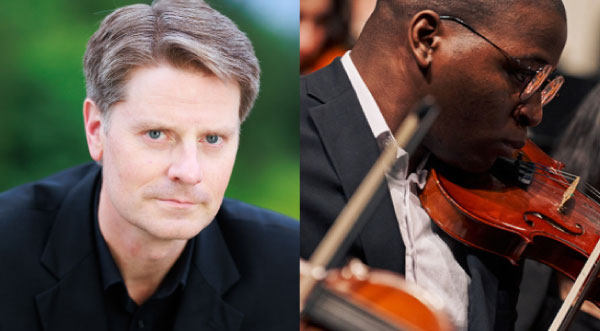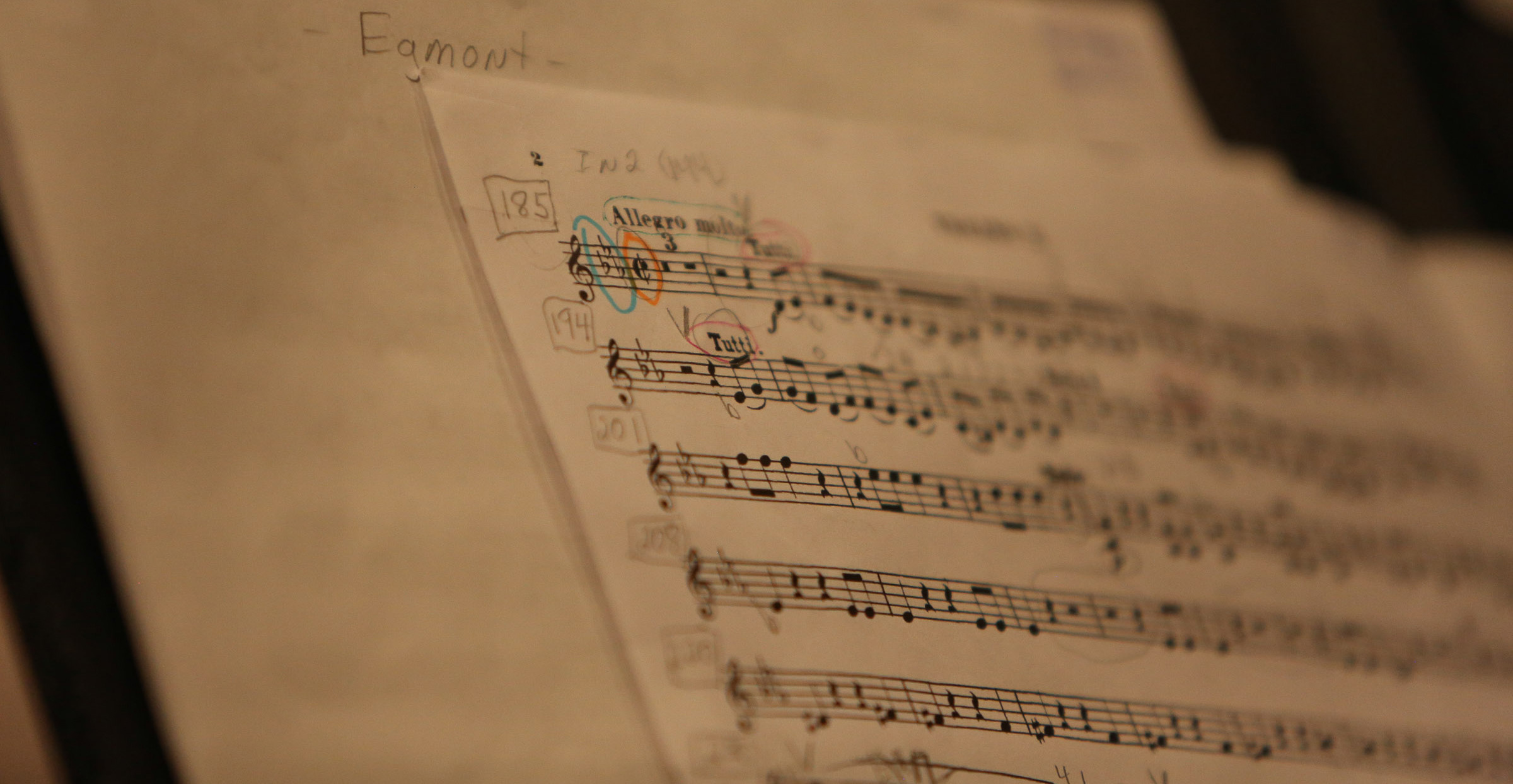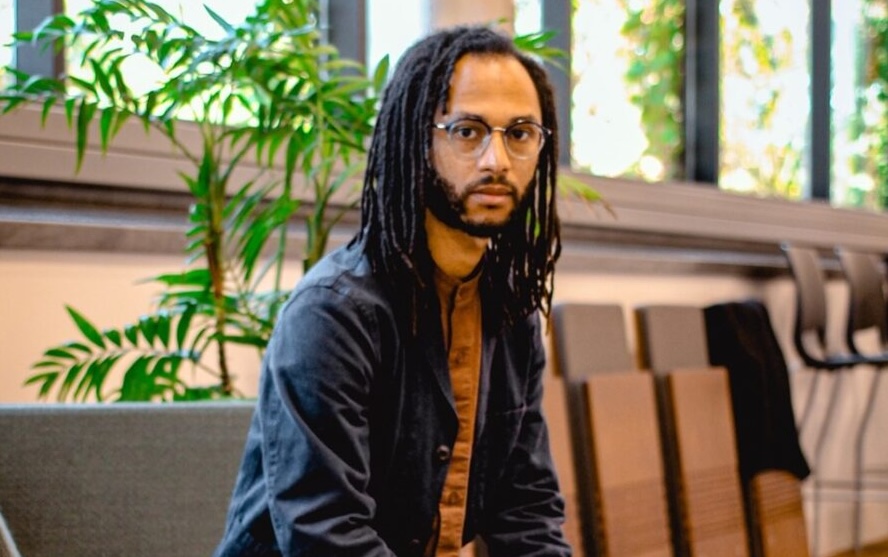Raleigh Civic Chamber Orchestra
The Way from Birmingham:
MLK’s Letter from a Birmingham Jail
 Sunday, March 30, 2025 at 4 PM
Sunday, March 30, 2025 at 4 PM
Stewart Theatre, Talley Student Union, Raleigh, NC
Peter Askim, Conductor
Nathan Leaf, Composer
Dr. Jason Miller, NC State English Professor
Featuring the World Premiere of a new work for chorus and orchestra by Nathan Leaf based on Dr. Martin Luther King’s Letter from a Birmingham Jail.
Program:
Ludwig van Beethoven: Egmont Overture, Op. 84
Niloufar Nourbakhsh: Knell
Franz Joseph Haydn: The Seven Last Words of Christ
Carlos Simon: Breathe
Nathan Leaf: The Way from Birmingham for Chorus and Chamber Orchestra (World Premiere)
NC State Director of Choral Activities Nathan Leaf’s new work for chorus and orchestra explores Martin Luther King Jr.’s immortal words, written during his Birmingham imprisonment for protesting racial injustice. Centered on King’s deep commitment to truth andfreedom, and hiswillingness to suffer the consequences of standing up for principles, the work explores non-violence as a means to achieve a just society and a better world. NC State Professor of English Jason Miller will join the orchestra to speak about King’s work and its continuing relevance.
Kennedy Center Composer-in-Residence Carlos Simon’s Breathe draws inspiration from renowned theologian Howard Thurman, a spiritual advisor to King, whose Meditations of the Heart urges us to “stay put for a spell.” In this spirit, Simon’s spacious work provides an oasis of calm in our chaotic world, a reminder to us all to “simply reflect and breathe.”
Iranian-American composer Niloufar Nourbakhsh describes Knell as both a tribute to the memory of her recently deceased mother, and to the thousands of innocent Iranian people who lost their lives during the woman life freedom movement in Iran. She writes, “Formally, Knell functions as a prologue; I hope it’s a prologue to a future that is sparkling and bright,” like the memories of her mother’s necklace.
Franz Joseph Haydn’s The Seven Last Words of Christ depicts the suffering and strength of Christ as he faced persecution and death. Music of gravity and transcendence, it is both tragic and uplifting in its depiction of non-violence in response to aggression and persecution. It is a powerful reminder of Christ’s admonition to “turn the other cheek.”
Ludwig van Beethoven’s powerful Egmont Overture tells the story of the Count of Egmont, condemned to death for standing up valiantly against oppression. Unwilling to surrender his principles and his belief in liberty, he is jailed and ultimately killed. The music was an unofficial anthem of the 1956 Hungarian revolution against Soviet oppression, and still resonates powerfully today.
Free admission for NC State Students, $10 for faculty, staff, and seniors, and $12 for the general public
Buy Tickets Now
NC State students may request an exclusive coupon code at go.ncsu.edu/freeticket to claim one free ticket to this performance (March 16 at 10 AM through one hour before each concert).



